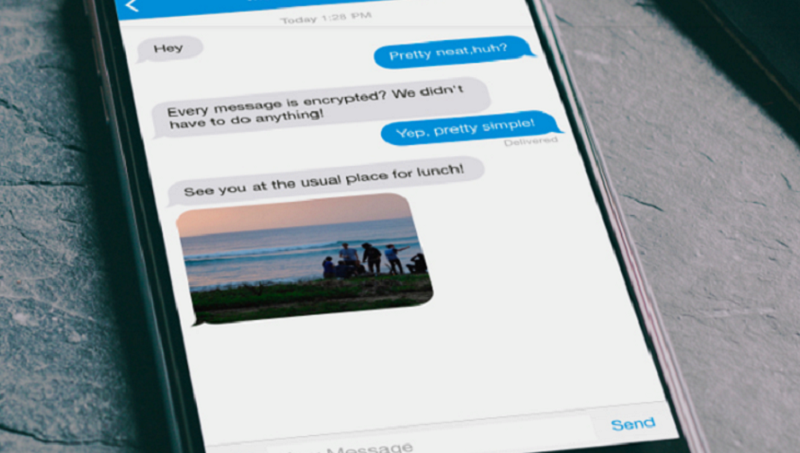New Signal Update Stops Windows from Capturing User Chats
Signal, a popular messaging app, has recently implemented a new update that adds an extra layer of security to its desktop application for Windows 11. The feature, known as "Screen Security," blocks screenshots by default, protecting users' private chats from being captured by Microsoft's Recall feature.
The purpose of this setting is to shield Signal messages from the Microsoft Recall feature, which can capture screenshots of a user's laptop every few seconds. This feature, currently in preview status, aims to provide users with access to the content they have viewed on their device. However, privacy advocates have expressed concerns about the potential abuses of this feature, citing its lack of transparency and control over user data.
Microsoft has attempted to downplay these risks by stating that the Recall feature was developed with privacy and security in mind and is an "optional experience." However, critics argue that this approach only scratches the surface, as the feature still poses a significant risk to users' private conversations. Signal has taken matters into its own hands by implementing an extra layer of protection for its desktop application.
How it Works
The Screen Security setting is automatically enabled by default in Signal Desktop on Windows 11. When this feature is enabled, screenshots will show only a blank screen, preventing Microsoft's Recall feature from capturing sensitive information. While this may affect some accessibility software, including screen readers or magnification tools for visually impaired users, it can be disabled via settings with a warning and confirmation to avoid accidental deactivation.
It's worth noting that the setting only applies locally and doesn't affect screenshots or accessibility tools on other devices like macOS or Linux. Signal has also emphasized the importance of maintaining user privacy and integrity, urging developers to prioritize these values in their work.
Potential Impact
The implementation of this feature may have significant implications for users who rely on accessibility software. While it's easy to disable the Screen Security setting, it can be difficult to turn off accidentally without proper warning and confirmation. This raises questions about the balance between user privacy and accessibility, particularly in the context of emerging technologies like AI-powered features.
As Signal continues to prioritize user privacy and security, it remains to be seen how this feature will impact the broader conversation around data protection and digital rights. One thing is clear: with the advent of features like Recall, users need more transparency and control over their personal data than ever before.
Closing Thoughts
"We hope that the AI teams building systems like Recall will think through these implications more carefully in the future," concludes Signal's announcement. "Apps like Signal shouldn't have to implement 'one weird trick' in order to maintain the privacy and integrity of their services without proper developer tools." As we move forward, it's essential that developers prioritize user privacy and accessibility, ensuring that emerging technologies serve the needs of all users, not just a select few.
